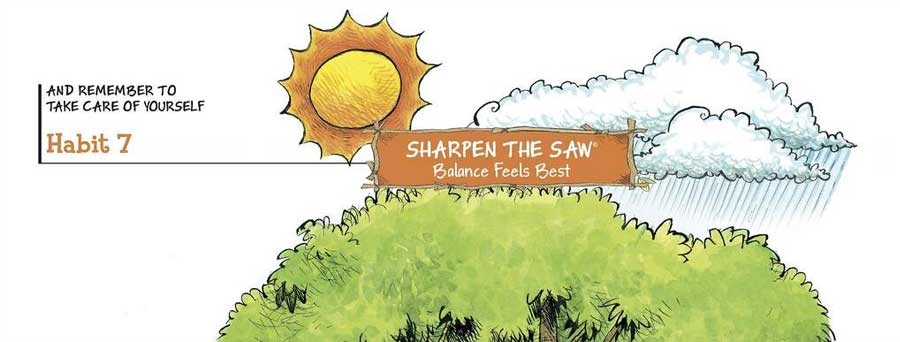
Habits and Dissertations – 1 of 4
On August 15, 1989, Dr. Stephen R. Covey published his revolutionary book, The 7 Habits of Highly Effective People. The 7 Habits have helped millions of people improve their performance in a range of applications. Over the next four days, I’m going to show you how the 7 Habits have been instrumental in helping us cut at least one to two years off the time to graduation for our dissertation students…
Part 1 of 4:
Let’s start the countdown…
Habit #8: Find Your Voice and Inspire Others to Find Theirs.
Yes, I did say there are seven habits, but in 2004 Dr. Covey published a follow-up book called, The 8th Habit: From Effectiveness to Greatness. Habit #8 is all about finding your passion. It’s about creating your platform and making your voice heard. It’s about moving from being simply effective to being truly great.
And how does this habit apply to your dissertation journey? — It doesn’t. Ignore it. Pay no attention to the man behind the curtain. Move along; there’s nothing to see here.
You see, your goal is to graduate, by any ethical means necessary. You don’t want a great dissertation; you want a done dissertation! Greatness is a noble pursuit, and one that I wholeheartedly encourage you to pursue… After you graduate!
Remember that the platform you wish to create for yourself and the impact that you are called to make in this world require that you earn your doctoral degree. That’s the whole reason you’re doing this in the first place! So, stick to being effective as the 7 Habits indicate. Leave greatness for later.
Habit #7: Sharpen the Saw.
Habit 7 reminds us to take to take time to relax, to recharge, and renew. I’ve mentioned before that “All work and no play makes Jack a dull boy.” Some people take “dull” to mean, “boring,” but I content that it actually means, “not sharp.” The brain is not as active and attuned to your surroundings and what you’re doing. Concentration and focus suffer. Stress is amplified.
Taking time away from your dissertation to read for pleasure, to exercise, to meditate or pray, all provide your brain an opportunity to switch gears. Put your dissertation on the back burner for a little while, and you’ll be amazed what your brain is able to bubble up to the surface.
My children’s elementary school used the 7 Habits as the framework for much of their pedagogy. When students weren’t behaving as they were expected to, their teachers would discuss which Habit would be useful in helping them perform up to expectations.
Instead of telling students to do something, “Because I said so,” teachers would use the Habits to help students understand how their behavior was unacceptable and how they could correct it.
In most elementary schools, if you ask the students what’s their favorite part of the day, they say, “recess and lunch!” If you asked students at my kids’ school which is their favorite Covey Habit, they’d say, “Sharpen the Saw!”
